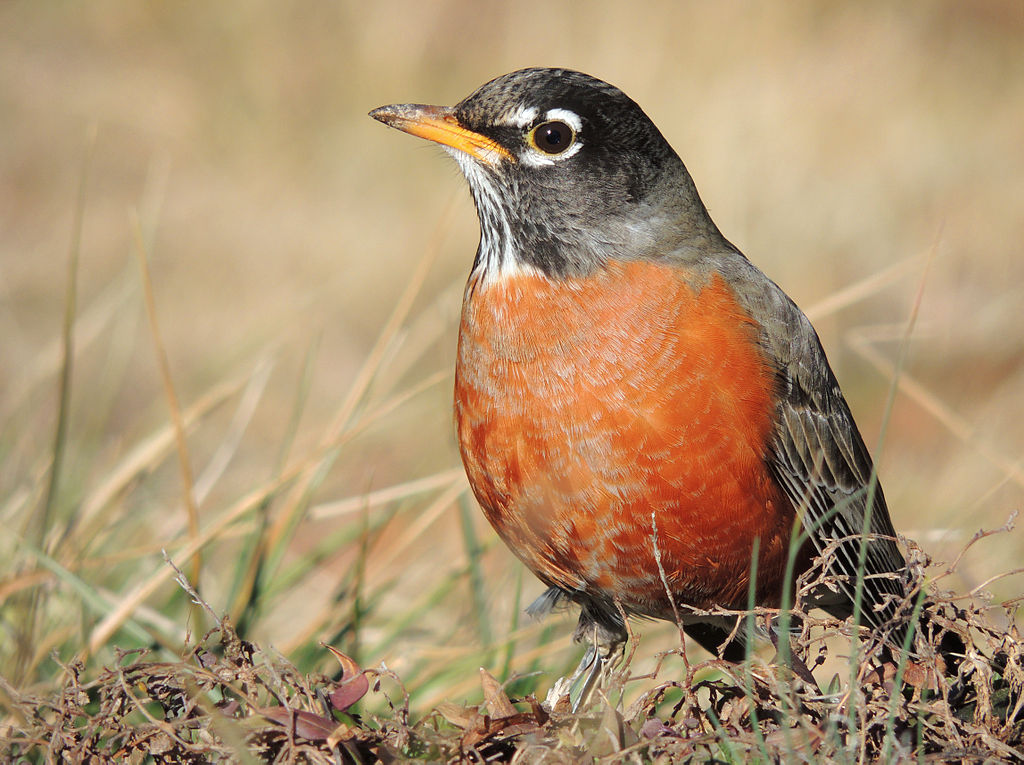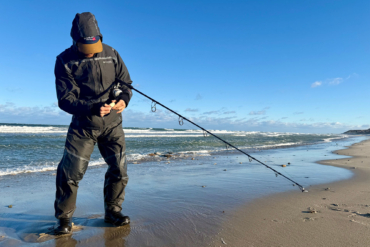This article first appeared at High Country News, HCN.org.

Many famous fables feature the attributes of animals we may never see in person: the courage of the lion, the memory of the elephant, the teamwork of the wolf pack. But in truth, we need look no farther than our backyards to gain instruction from nature. Here are 10 valuable lessons I have learned from a species so familiar that we take it for granted, the American robin.
1. It’s good to be common
The American robin is one of the most common and widespread native birds in North America. Their large population gives robins great resilience in the face of ecological and climatic challenges.
Build the movement.
2. Adapt to where you are
Robins are found from steamy Southern swamps to the Alaskan tundra. Their remarkable ability to adapt to local conditions and resources is the secret of their success.
Tailor your message and manner to local conditions.
3. And also have one special skill
For all their adaptability, robins also have a unique and specialized skill: their earthworm-hunting behavior, which opens up a rich resource few other birds exploit.
Know your special talent and make the most of it.
4. Figure out how to take advantage of the dominant paradigm
Robins thrive in part because of their ability to make the most of human environments, nesting in our backyards and foraging on our lawns.
Don’t be afraid to make alliances and to engage with mass media.

5. Be alert for phonies
Robins are among the few birds able to detect and toss out the eggs of the parasitic brown-headed cowbird, thus protecting their nests from invaders.
Welcome only those who truly share your values.
6. Know when to move on
Throughout their wide range, robins exhibit facultative migration – that is, they adjust their winter residency to specific conditions. In a cold winter, they head south; if the next year is mild, they may remain resident all year.
Know when to stage a tactical retreat, in order to win another time.
7. Encourage the young
Robins often produce two broods of offspring per year. That gives them a huge advantage over less-fecund species.
There’s no substitute for the energy and idealism of the young when building a movement.
8. Be confident
Robins are often described as “bold,” “confident,” and “confiding,” in contrast to related birds like the shy varied thrush. There is no doubt that the outgoing behavior of robins has contributed greatly to their success.
Believe in your cause whole-heartedly, and others will, too.
9. Be friendly
In addition to their boldness, robins appeal to us because they’re friendly – even if they’re keeping us company in the garden simply in order to snatch up earthworms.
A friendly, positive approach will gain many more listeners than one wrapped in doom and gloom.
10. Sing!
For many of us, the rich warbling song of the robin announces the arrival of spring, lifting our spirits after the hard winter. Isn’t a beautiful message what we all want to hear?
Sing!
This article was first published in High Country News, HCN.org.





